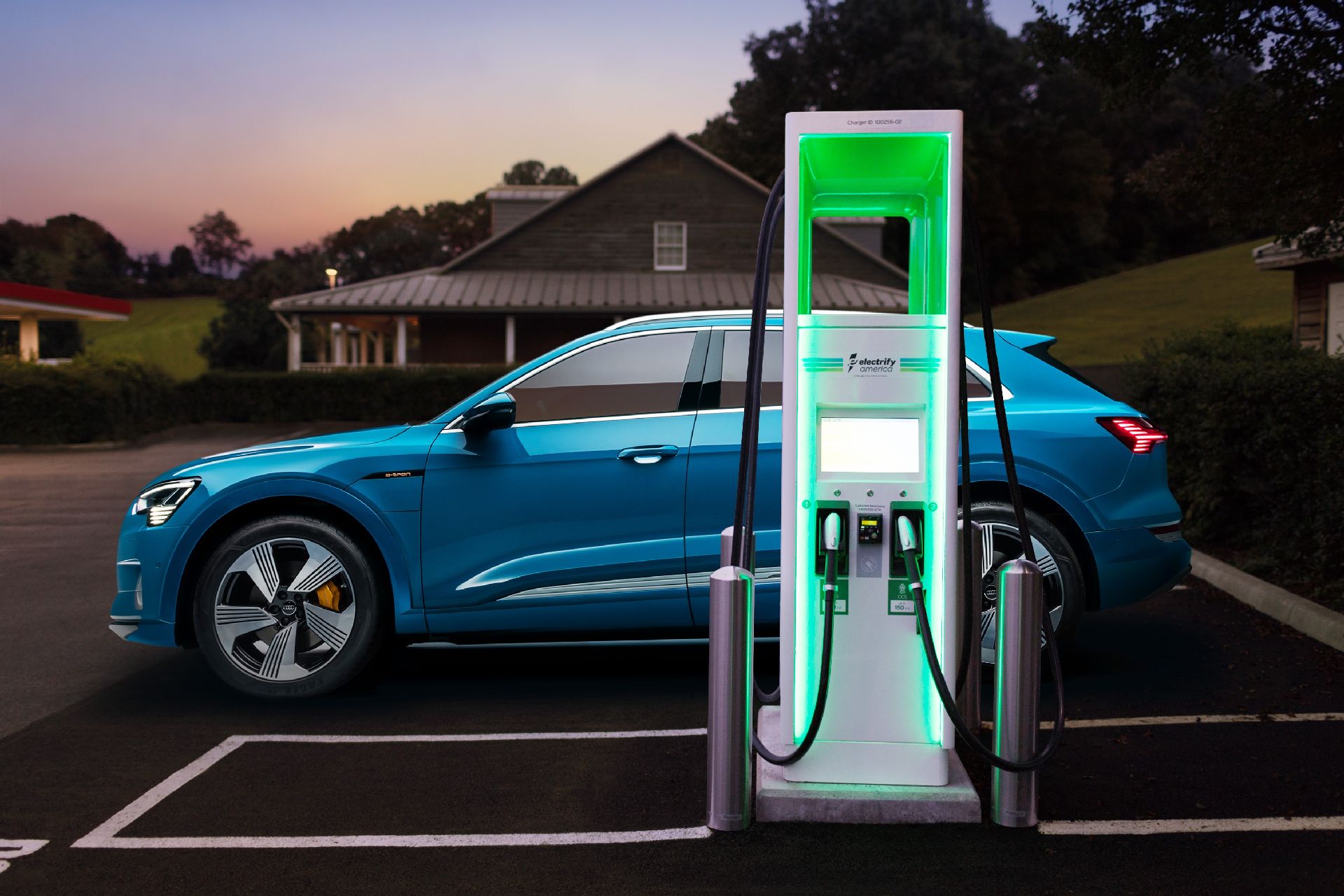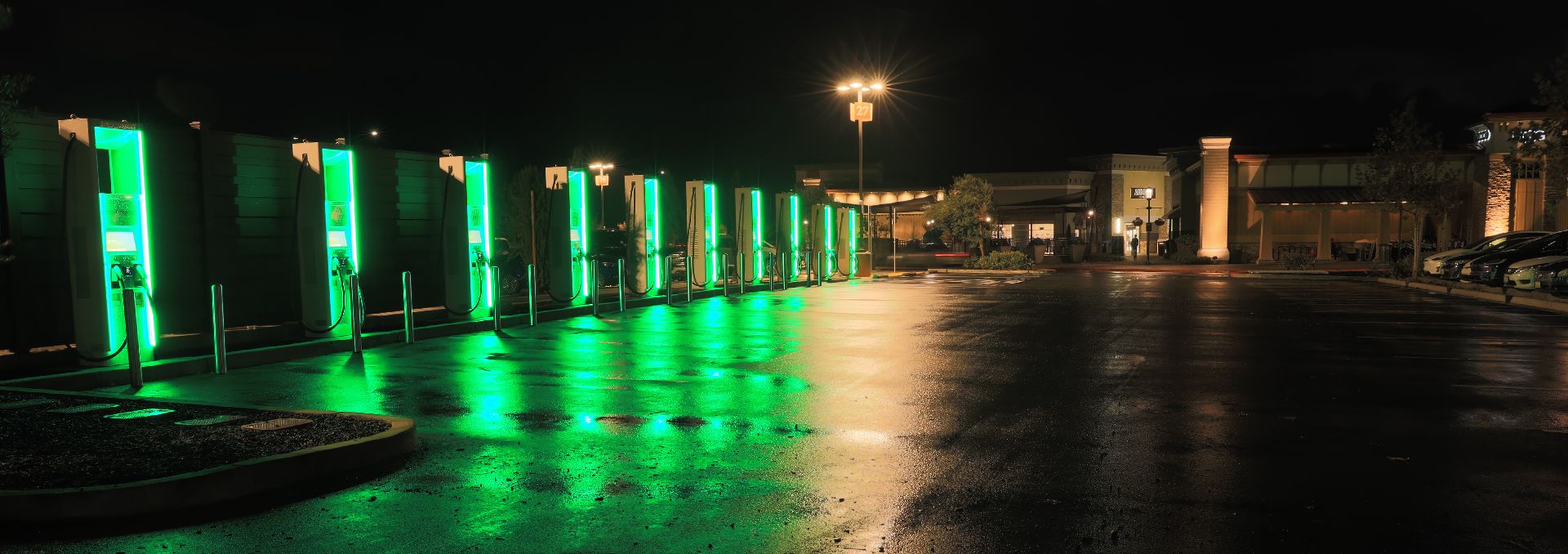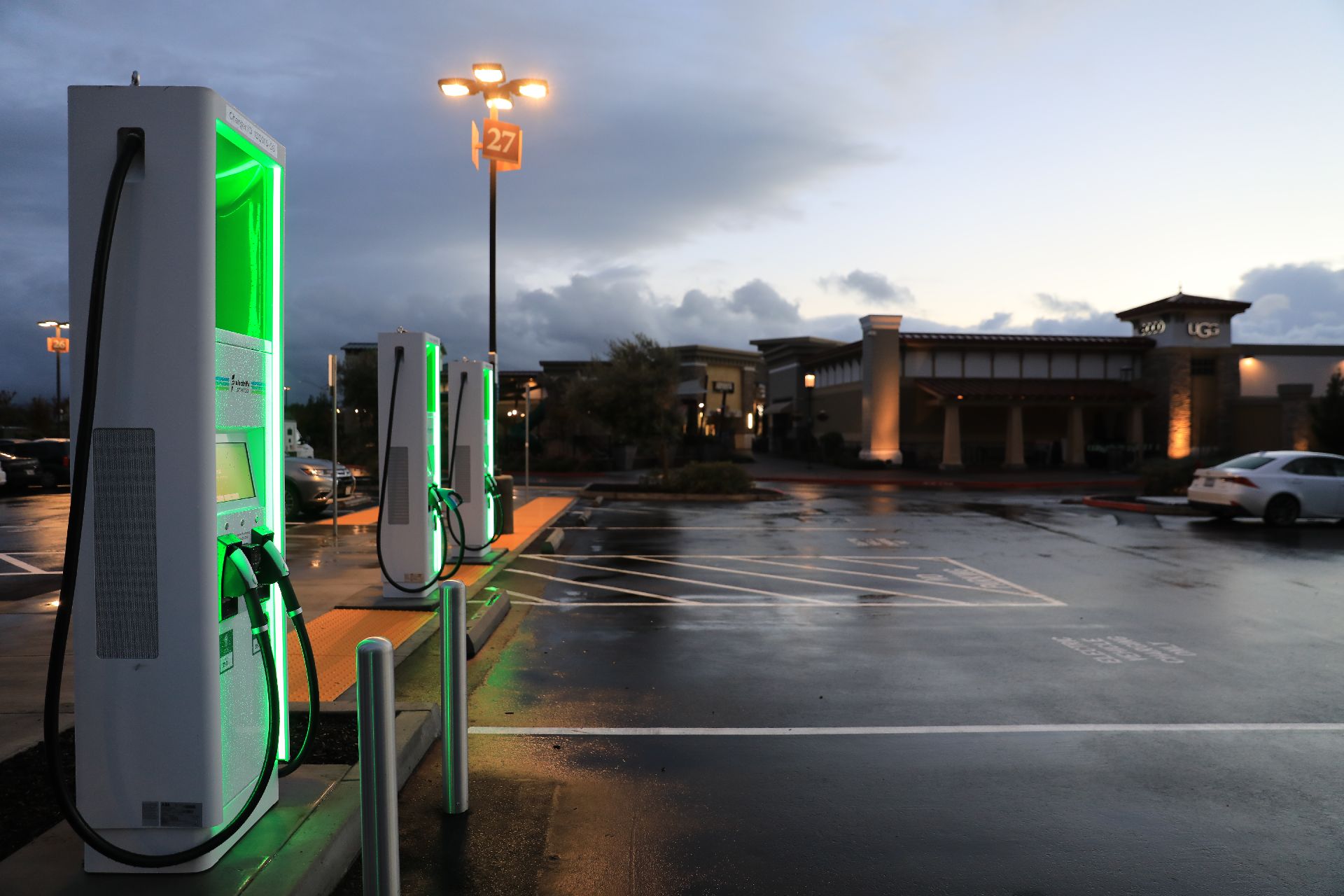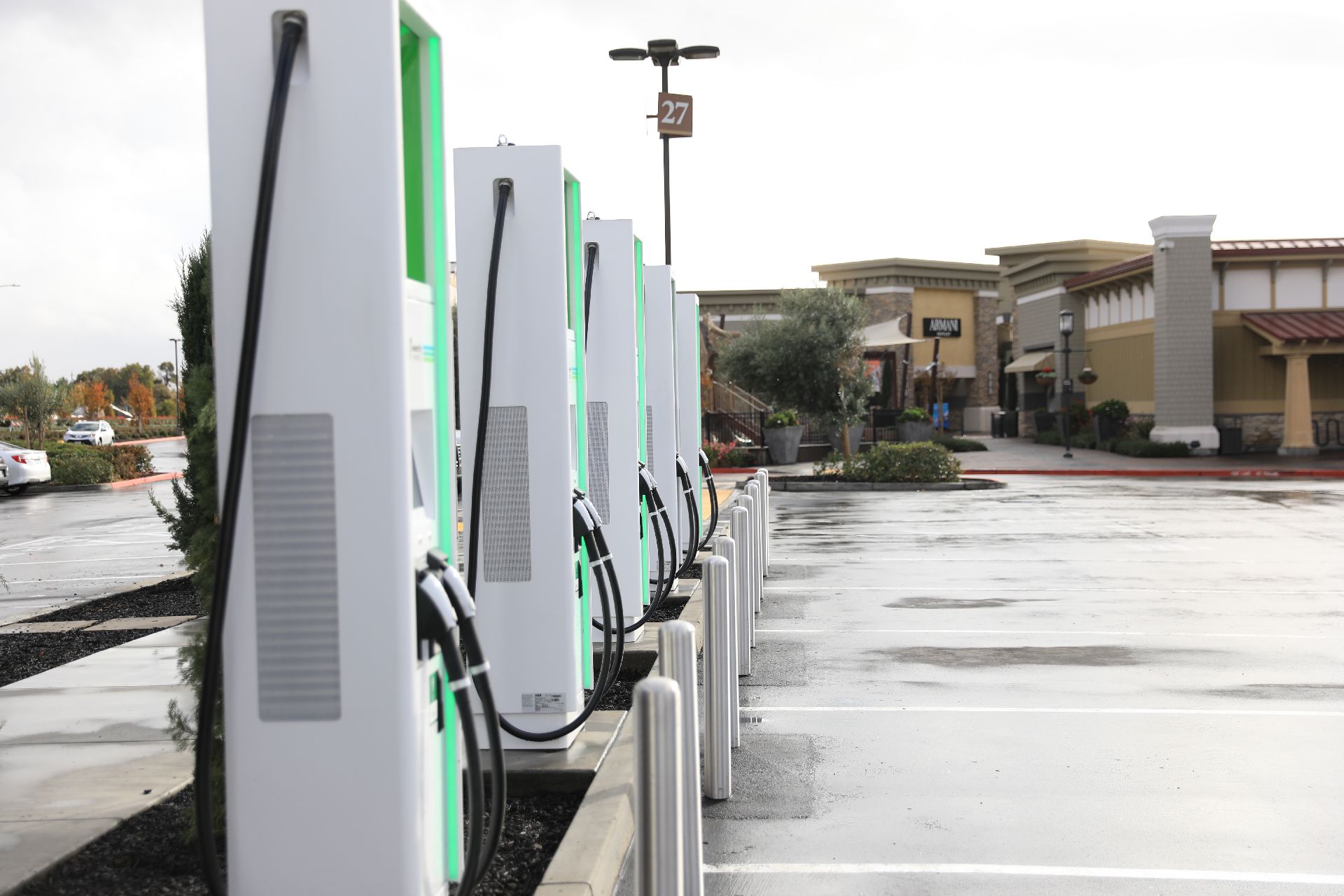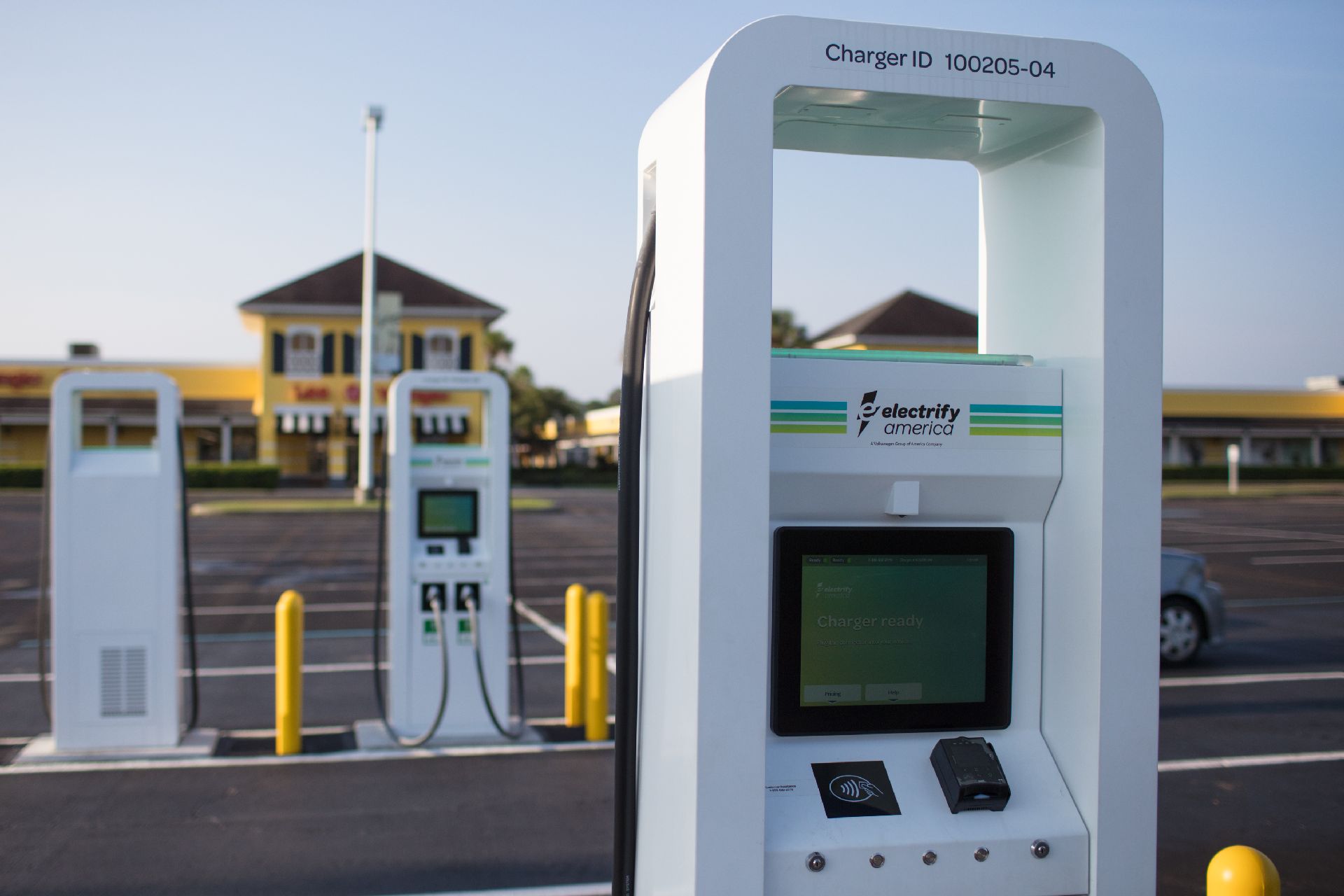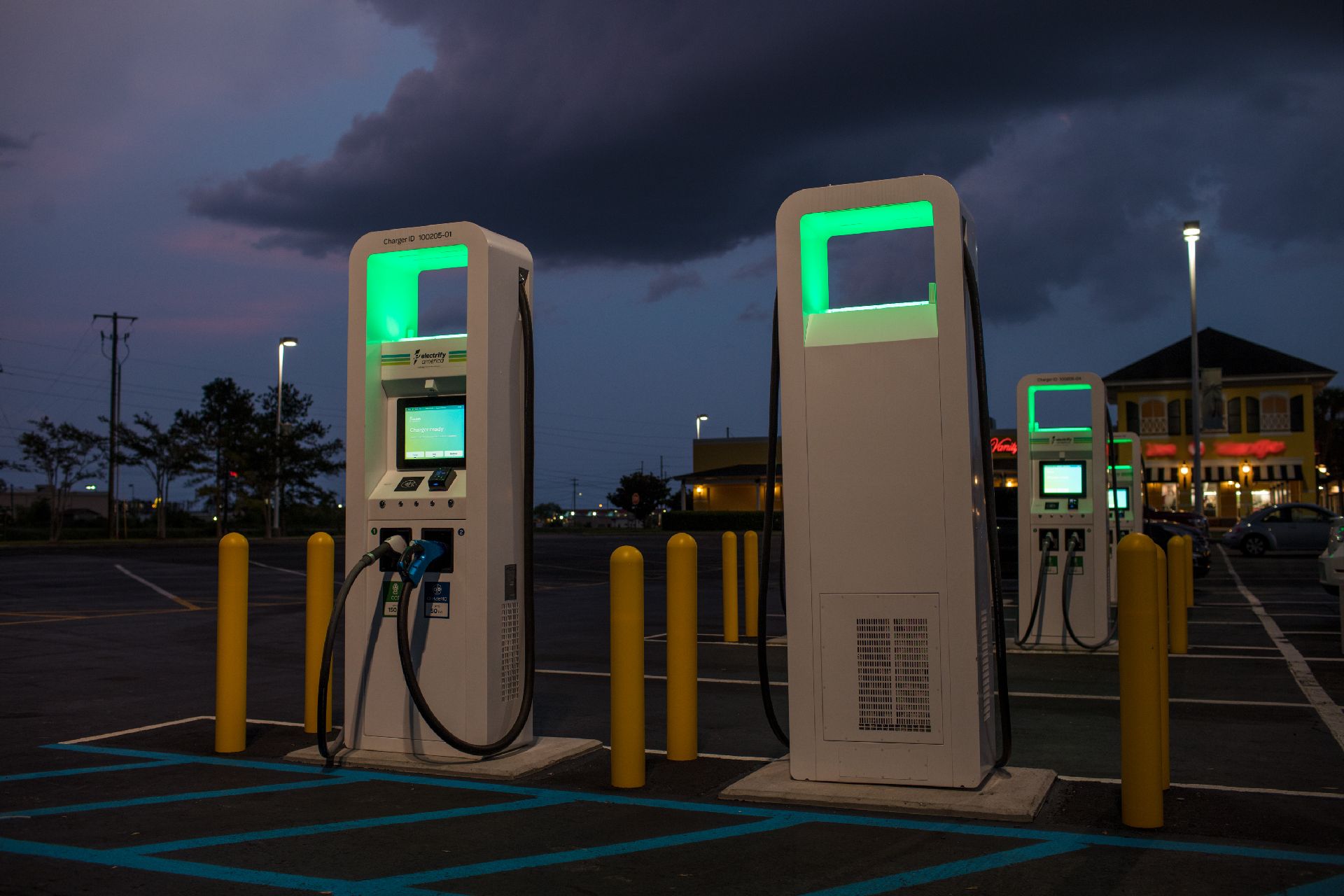A number of states across the U.S. are proposing to install magnetic stripe credit card readers at publicly-funded electric vehicle charging stations – and that’s causing concern among security experts.
Tech Crunch reports that most current EV charging station rely on a credit card linked through an app or contactless payments with RFID-enabled credit cards or a driver’s smartphone or smartwatch. Not only are contactless payments easy, but they are also very secure and reduce the chance of cards being cloned or having data skimmed.
Also Read: Electrify America And ChargePoint To Simplify EV Charging In The U.S.
Despite this, states including Arizona, California, Nevada, Vermont, and those in New England may introduce more traditional card readers.
“While these proposals may be well-intentioned, they could expose drivers to new security risks while providing cybercriminals with easy access to attractive targets,” security researchers April Wright and Jayson Street said in a report from the Digital Citizens Alliance. “These proposals would effectively reverse the industry’s careful considerations regarding EV charger payment options.”
The report went on to state that charging stations don’t have security measures and aren’t always populated, meaning they could attract criminals who could install machines to steal credit card data without detection. The states considering the introduction of more traditional credit card readers re reportedly considering doing so for ‘ease of use’ purposes.
Tech Crunch notes that the continued reliance on magnetic stripe cards across the United States remains an issue as data can be skimmed off them much easier than more secure chip-and-PIN cards frequently used in other parts of the world.




